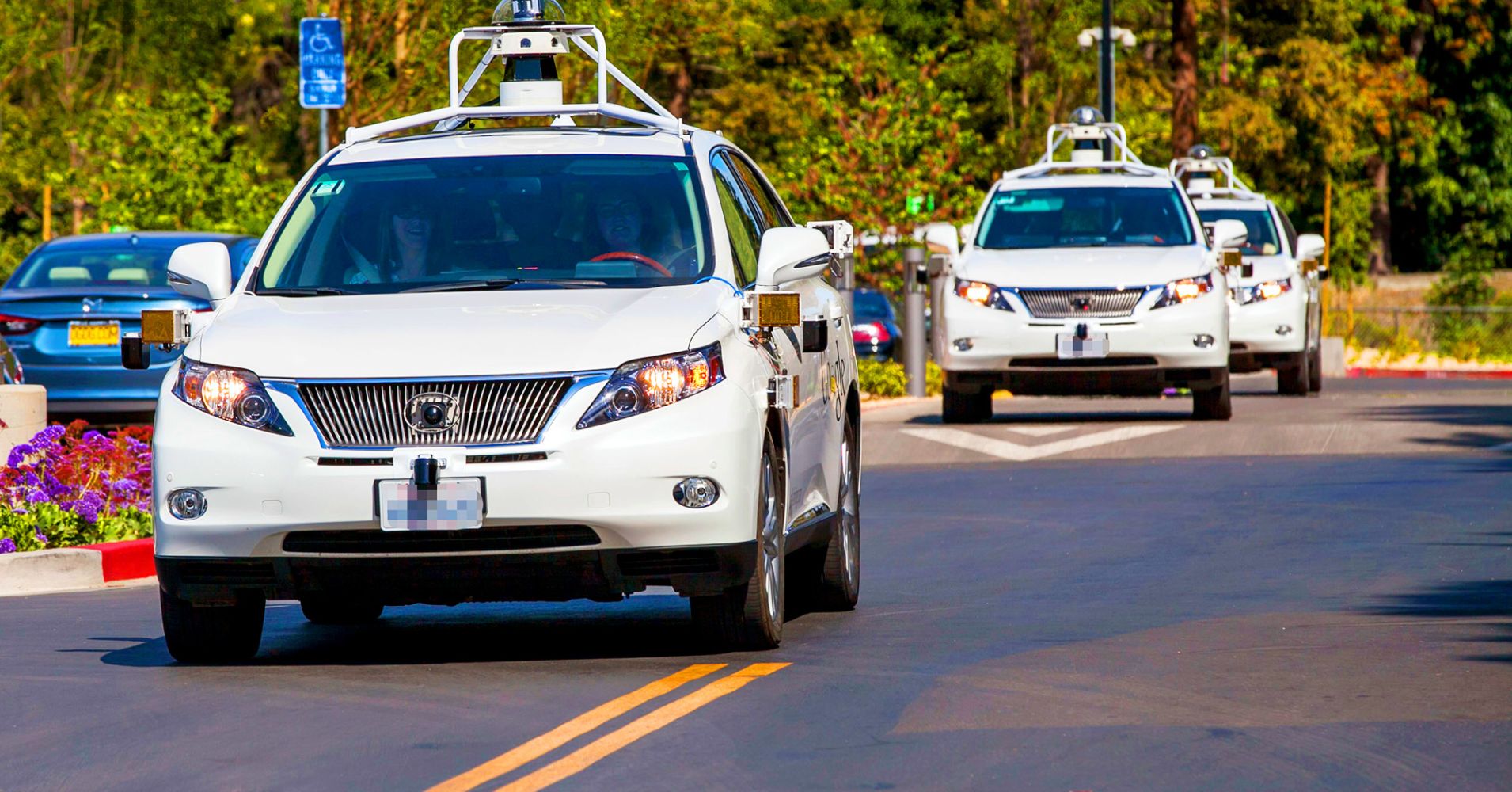From anti-aging medicines to new the evolution of esports, Citi Research told clients which technologies it believes are the most disruptive in the world today are and how to invest in them.
Citi’s global research team sent a report titled “Disruptive Innovations VI” on Tuesday. They presented 10 innovations that, while familiar to many, have undergone some fundamental change in recent years such that “we’re now at a tipping point of accelerated adoption.”
The 10 innovations are:
- “All-Solid-State Batteries”
- “Anti-Aging Medicines”
- “Autonomous Vehicle Networks”
- “Big Data & Healthcare”
- “Dynamic Spectrum Access”
- “eSports”
- “5G Technology”
- “Floating Offshore Wind Farms”
- “Real Estate Market Disruptors”
- “Smart Voice-Activated Assistants”
Here’s a breakdown of four themes from Citi.
The rise of electric vehicles has set off demand for better battery technology with some of the industry’s top names scrambling to deliver a product to compete with the internal combustion engine. Enter the all-solid-state battery, according to analyst Arifumi Yoshida.
“The emergence of all-solid-state batteries may disrupt the current situation and greatly accelerate market uptake of battery electric vehicles,” Yoshida wrote.
“Research-to-date reveals a clear potential in terms of safety, resistance to leakage, resistance to combustion, miniaturization, flexibility of design in terms of direct layer formation for cells, relative long discharge cycle lifespan, lack of degradation thanks to good high/low temperature properties, short charge times, high energy density, and high power,” the analyst added.
Analyst Yigal Nochomovitz highlighted a host of “very recent” scientific breakthroughs that have given scientists a better idea into why humans age. Such progress, the analyst said, “could spawn FDA-approved therapeutics potentially in the next decade, with the primary goal of keeping us younger and alive for longer.”
“With scientific breakthroughs emerging this decade on the cellular origins of why the tissues in our body’s age, novel anti-aging medicines may become one of the next big disruptions in the healthcare market,” Nochomovitz wrote.
The analyst said that many biotech companies, including Unity Biotechnology and Calico (a Google venture), are developing therapies with the goal of extending the human “healthspan,” the portion of life lived free of age-related disease.
With the country’s telecommunications titans prepping for the advent of 5G in the coming year, Citi said the new technologies could change the way people interact at work and home.
“The so-called Internet of Things (IoT) and machine to machine (M2M) connectivity has allowed wireless carriers to dream beyond smartphones and imagine a larger addressable market,” wrote analyst Michael Rollins.
“A 2015 McKinsey study estimated the global IoT market will be worth $4 trillion to $11 trillion annually by 2025, with spending on IoT technology to be $300 billion to $800 billion,” he added. “Creating small private networks, either in a single building or distributed across multiple locations, has long been the purview of wired access solutions augmented with limited wireless or Wi-Fi networks. With 5G, that could be reversed given the lower cost of installing, maintaining, and updating a wireless network.”
The rise of organized, professional gaming has drawn millions of fans from around the world to watch tournaments centered around video games like Halo, League of Legends and Fortnite.
“In 2017, there were 588 major eSports events that generated an estimated $59 million in ticket revenues, up from 424 events and $32 million in ticket revenues in 2016,” Citi analyst Asiya Merchant wrote. “As the eSports industry evolves we expect to see significant development in the underlying infrastructure (player salaries, contracts, governance, college sponsorships, media deals) that can help improve the economics for the entire ecosystem.”


 Signal2forex.com - Best Forex robots and signals
Signal2forex.com - Best Forex robots and signals




